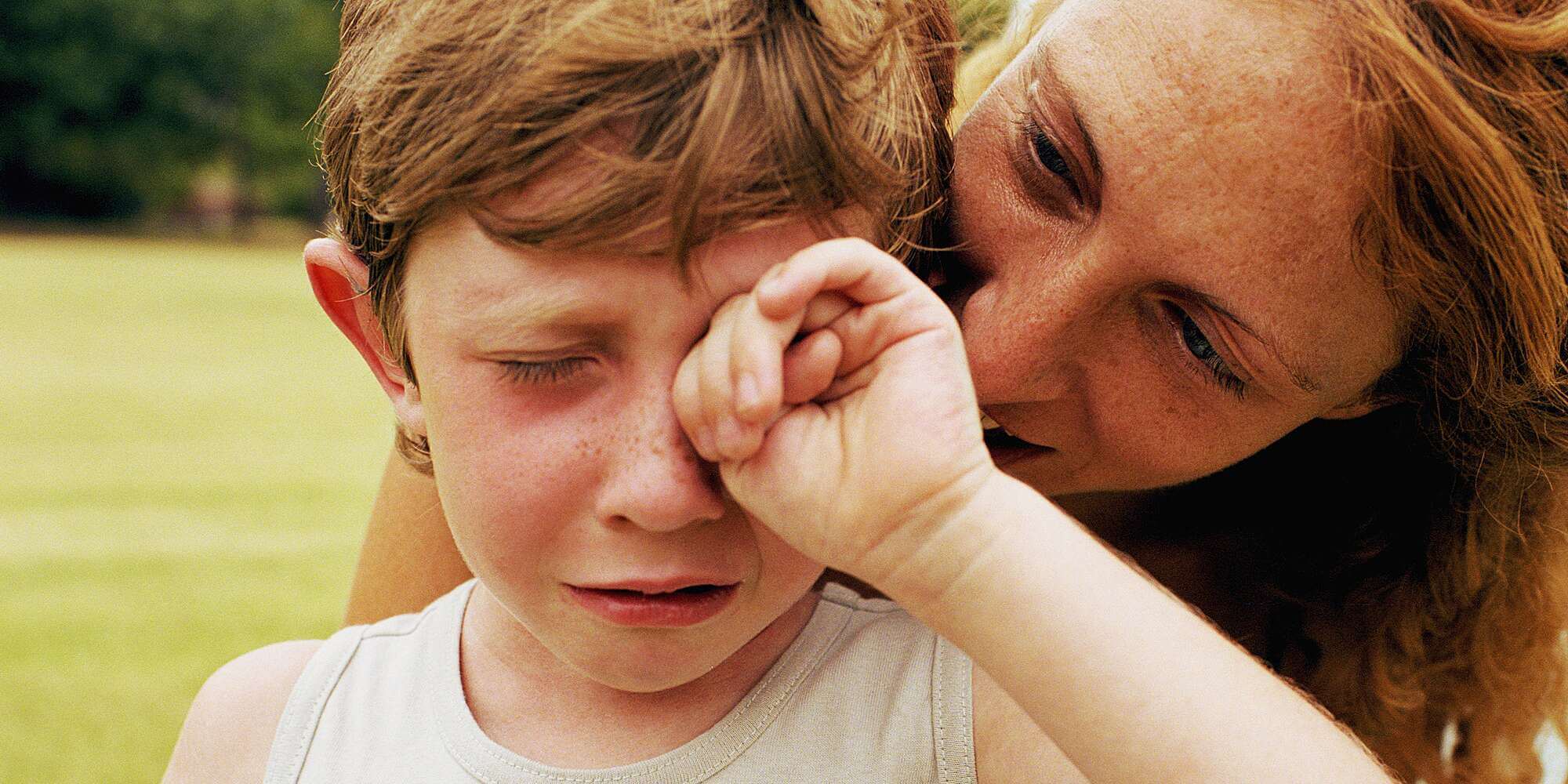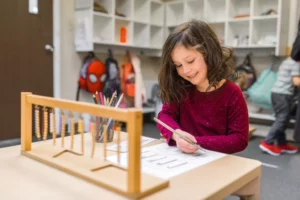It’s not easy to lose to someone or come in last place in a race. We’ve all seen adult tennis players bang their rackets on the ground. How much more difficult would it be for a preschooler to rationalize losing while maintaining a pleasant demeanor? Thus, one can say that parents should teach kids to lose gracefully. How to teach children to lose gracefully; is one of the common questions.
Learn how to teach children to lose gracefully:
We live in a world that is quite competitive. We’ve all seen kids compete at playdates and then throw tantrums when they don’t win. At the age of five, kids are just beginning to understand rules and how they should be followed. Preschoolers are still learning to control their emotions and understand the concept of fairness. It is critical to understand their developmental pace and assist them in managing their emotions.
While our lectures on how the world isn’t fair to have good intentions, we need to help a preschooler deal with these enormous emotions. Numerous approaches can be used to assist kids in dealing with challenges and defeat. Teaching kids how to deal with failure is essential for their happiness and advancement in life.
#1 Role model healthy reactions
Children continuously observe us and internalize our emotions and impulses. As adults, we may model good attitudes to setbacks and failures. It might range from losing a board or card game to dealing with setbacks at work. When playing family board games, emphasize sportsmanship or being a good sport. Yes, winning is nice, but remind them that it is only a game and that they can practice getting better at it. A million-dollar question arises while playing family board games with children: do we let them win?
Wayne Parker’s approach to parenting was quite impressive. His response is – sometimes. “I tend to fall on the ‘Sometimes’ group of parents who attempt to balance the competitive experience so that children learn to lose gracefully but still have the “thrill of winning,” he writes. Parker uses golf as an example, there are three sets of tees utilized during a golf match.
The championship tees are for experienced players, the medium tees are for skilled golfers, and the red tees are for inexperienced golfers. “We can use this “different tees” approach when playing games with our kids,” Parker says. We could give them a short head start in a race.
Also, we could allow them to shoot baskets using baskets that are less than the standard 10′ height—at least for a while. This is a smart method for leveling the playing field between a child’s beginner skills and a parent’s or older sibling’s higher-level skills.”
He also recommends a fantastic idea: team up with your parents! Compete by pairing a kid with a parent. This is also an excellent method to demonstrate sportsmanship.
#2 Adopt a positive attitude:
It is critical to instill in children a growth mindset. A sport is an excellent approach to teach this; since it allows you to provide kids with tangible examples and explain strategies. A family sport in which a family member loses and responds constructively might set a good example for the kids. One option is to reframe and view loss in a positive light. Losing a game indicates that you are progressing toward mastery and improvement.

Consider how crucial it is to proceed from one goal to the next and to keep moving forward. Give your children samples of how well-known athletes react after they lose a game. Reframe winning in the same way. When you win, emphasize your discipline and grit. Encourage children to self-assess as well. Why do you believe this was successful? Or did you anticipate that happening? What can you do the next time? Make sure you discuss this with your child while they are quiet. Concentrate on the enjoyment they obtain from the game and why it is enjoyable.
#3 Always acknowledge their feelings and emotions:
Talking with a child who has recently lost a game or suffered a setback might be beneficial to the child. After all, every experience teaches us something. Encourage children to understand and express their feelings when they lose a game. Did they play to their full potential? What was the most important thing on their mind while playing; resolve, a desire to follow the rules, or anxiety? Do they feel disappointed that they lost? What do they wish they could go back in time and do differently? It is critical to teach kids that everything is a process.
As parents, we must encourage our children and teach them that different people have different talents. We may provide examples of athletes who persevered and recovered. We can discuss how an athlete’s career longevity is more important than simply winning a game. We can tell them to enjoy both the game and the process.
#4 Internal and External Motivation:
A Montessori classroom is an excellent educational setting for encouraging self-reflection and analysis. Intrinsic motivation, according to Montessorians, is superior to extrinsic encouragement. When a child is motivated by internal motivations rather than external factors such as awards, glory, praises, and so on, they perform best.

Children in a Montessori environment understand how to do things for themselves and why they want to do them from a young age. They understand themselves and solve challenges. Failure is viewed as an essential part of the process in a Montessori environment. Children are encouraged to be self-sufficient, expressive, and uninhibited.
Takeaway:
When you teach your child how to accept defeat, you are doing more than just preparing them to deal with losing a game. It prepares children for the setbacks and enormous hurdles that life will hurl at them. When it comes to group competitions and sports, praise their efforts, accept their frustration, and make elegant victory a part of the family culture. As mentioned above, the Montessori environment is the best for kids. So, choosing a Montessori school would be a great option.










